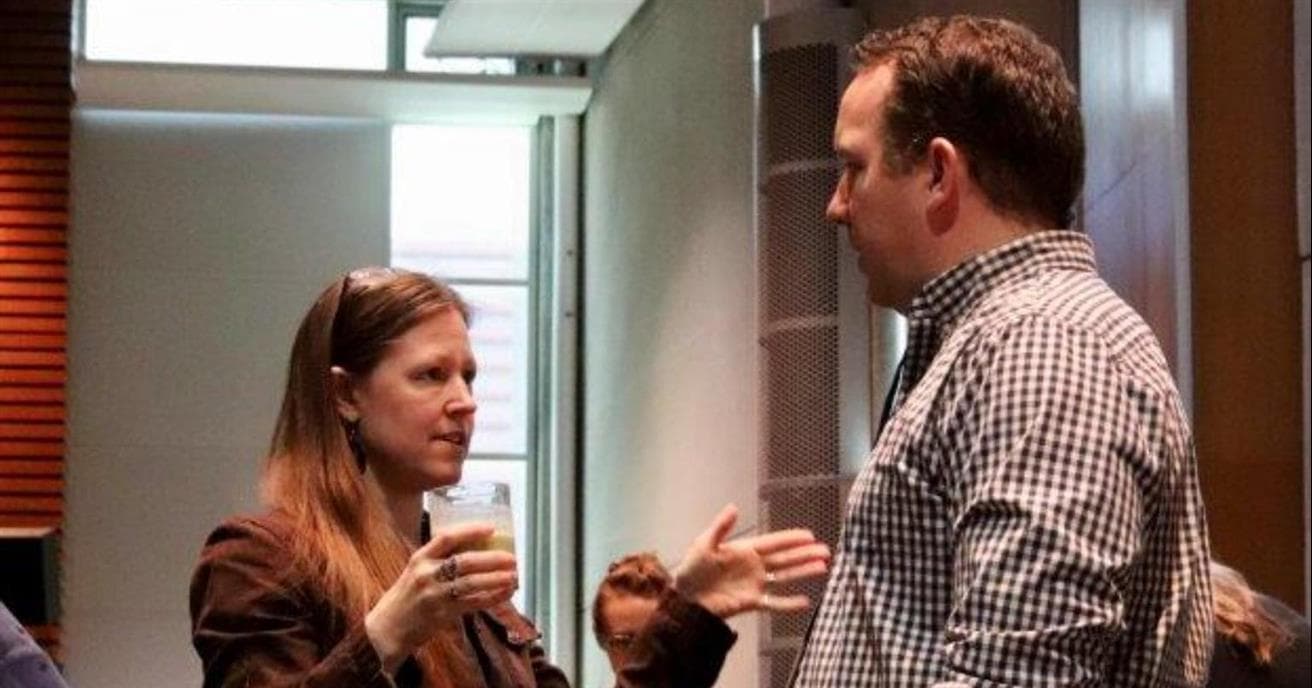Three years ago, SEF changed its approach to evaluation to include more people, and therefore, more insight. The approach now includes the whole SEF team, so eight people are now learning to reflect, analyze and adopt a critical lens to ensure the SEF strategy is on track.
“Different perspectives help show what we’re learning, how we are adapting and where we are shifting,” says Cassandra Litke-Wyatt, community investment and SEF senior advisor, who has been leading the SEF team to cultivate a learning culture since 2019. “Those adaptations matter because we can make better decisions and actively work to create the future we want.”
Cassandra’s work and the evaluation and learning plan she created have brought several new routines and tools to help the SEF team better understand the effect of donations and what community organizations are learning. Beyond bringing rigour to what otherwise might seem like a “fluffy” task of writing big cheques, this understanding also helps SEF act as a bridge between Suncor and community members.
“Continually reviewing our data (both numbers and stories) helps us identify opportunities and unintended consequences so we can determine the next best step,” says Cassandra. “We’re able to respond more quickly to changing community needs, amplify something that is working well or pause an initiative if it’s not the right time or context.”
Setting up for success
Rigorous evaluation is a lengthy process that requires a set of clear objectives and the skill to identify connections and proof points to show that a strategy is working – and if not, why. With not much thanks to competing priorities and busy lives, many people find it easy to skip over evaluation and move onto the next project. But in a learning culture like the one we aspire to build, teams are intentional about taking risks, learning from each other, owning failure and adapting.
“Our focus on giving and receiving feedback and group check-ins has created space for people to be more vulnerable. When people feel safe to do that, they are also more open to learning, changing their thoughts and ultimately growing,” reflects Cassandra.
Putting the pieces together
For example, in their reflective practice, the team identified the need to share more power as a funder with partners and with each other by working as equals rather than in a traditional hierarchical structure. From that realization, the team revised its funding priorities to better support community-led organizations and initiatives, and they began reviewing donation application processes with community members in mind.
“By sharing what we learn with others, we hope to contribute to a community where we’re all learning from each other, amplifying what’s working and not having to repeat the same mistakes,” says Cassandra.
If you’re interested to find out more about what SEF is learning or to review the reports, email sef@suncor.com.

.jpeg?bc=white&mw=768&modified=20220705200045&hash=505ADB2AFFA0661ED520CAE042E22E9E)


